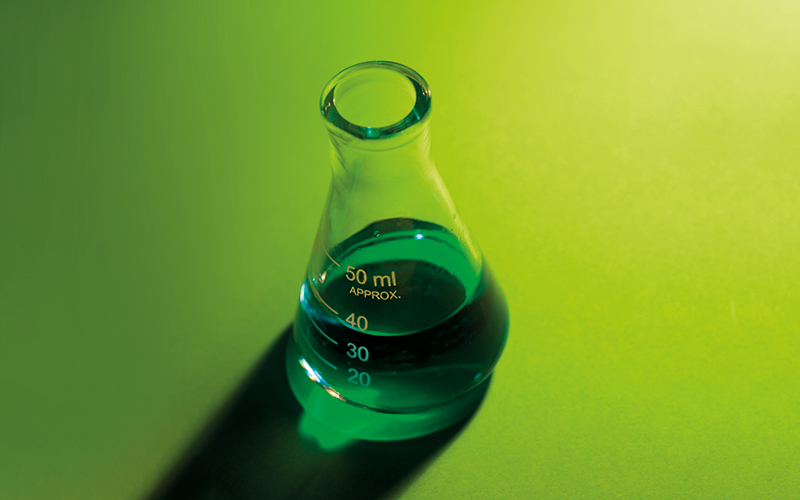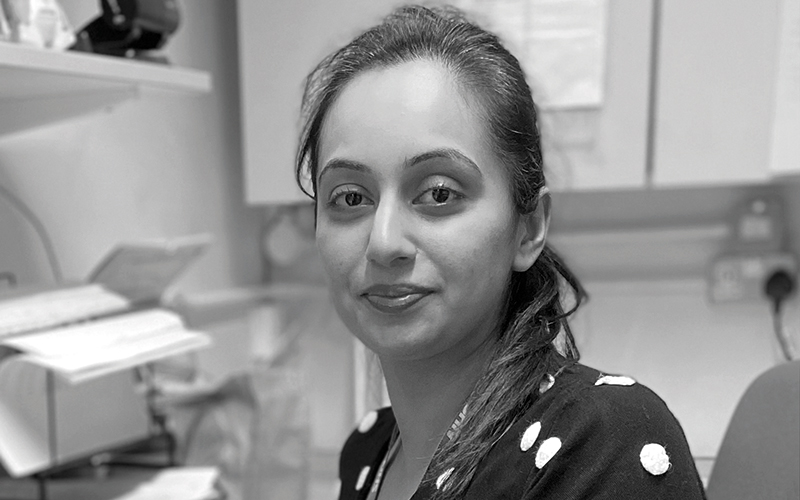“How can we make labs more sustainable?”


Special Analytical Techniques Manager, Laboratory Medicine Department
Swansea Bay University Health Board
A recent IBMS Chat on Twitter discussed sustainability in the laboratory and it was interesting to see examples provided of waste, both within and outside of the laboratory.
One area that we need to improve is the packaging of reagents and consumables. It’s often the case that reagents are sent in large boxes and full of filler packing material. This is an unnecessary amount of extra cardboard and packaging going into hospital waste. I really believe that we have an opportunity and obligation to liaise with our suppliers to see how we can be smarter about our packaging.
I also believe that we need to start including/expanding sustainability clauses within our equipment tenders to drive this change.
A recent example of our laboratory looking at reducing waste is the creation of sample aliquots. We create secondary aliquots for send-away tests referred to other laboratories, but also for specialist sections within laboratory medicine, which are not on our tracked system. We’ve consolidated aliquots, so if there are multiple requests for the same piece of equipment then only one, rather than multiple, aliquot tubes are created. This saves plastic and also time sorting these tubes prior to analysis. The multiple aliquots were there for historic reasons, but by liaising with our analytical supplier we made changes and are seeing benefits.
By reviewing our processes, and sharing best practice, we can help support a sustainable laboratory.

Specialist Biomedical Scientist, Microbiology
The Princess Alexandra Hospital NHS Trust
There must be a collaborative effort between manufacturers, healthcare providers, laboratories and departmental budget holders to ensure laboratories have all available resources and autonomy to be able to make better sustainability choices.
Many have introduced sustainability processes, including turning off computers and lights when not in use, going paperless, ensuring waste segregation, reusing where possible, choosing suppliers with a lower carbon footprint, and adopting lean processes, but we need to do more.
Processes, such as regularly defrosting freezers to allow them to run more efficiently, carrying out environmental audits to assess sustainability, and autoclaving of reusable consumables instead of buying disposable ones, are just a few examples that are better facilitated with a healthy staffing.
There will, of course, be areas that are more troublesome to address, such as fixed laboratory space rendering multiple waste streams less of an option, while in 24/7 laboratories, it is not possible to turn lights, computers and analysers off.
Bringing sustainability into the spotlight and considering the whole picture, from product manufacture, processing and disposal, and everything in between, will go some way to bringing about change. With this in mind, laboratories might consider ambassadors and advocates within their department who can champion change.

Specialist Biochemistry Team Manager
The Christie Pathology Partnership
Sustainability for me is about little things making a big difference – start small and then make big changes. Overall, acting on energy and waste can lead to saving money for patient care. I was part of the Green Impact programme whereby changes in the lab allowed us to become more sustainable. Following are some actions we can all think about.
Switching off lights and equipment when not in use – a simple task that leads to lots of savings. Simple reminder stickers can help.
Regular defrosting of freezers – this will help to conserve electricity.
Recycling as much as possible and re-using items for other purposes – we recycled glass pipettes to local university laboratories for students to re-use.
Thinking before posting – Can this be sent electronically, instead?
Community involvement and raising awareness – supporting your local charities, such as Macmillan Cancer Support.
Only travel if it is vital – consider conference calls or webinars as an alternative, which has happened due to COVID, reducing your carbon footprint. Also, car-pooling or sharing schemes may be available at your trust.
Going paperless by removal of request forms and reducing printing. Also, only allowing double-sided printing.
There are lots of actions that can be taken, but most importantly recognising and motivating those who are making an impact is key so that others follow in their footsteps.
Image credit |iStock
